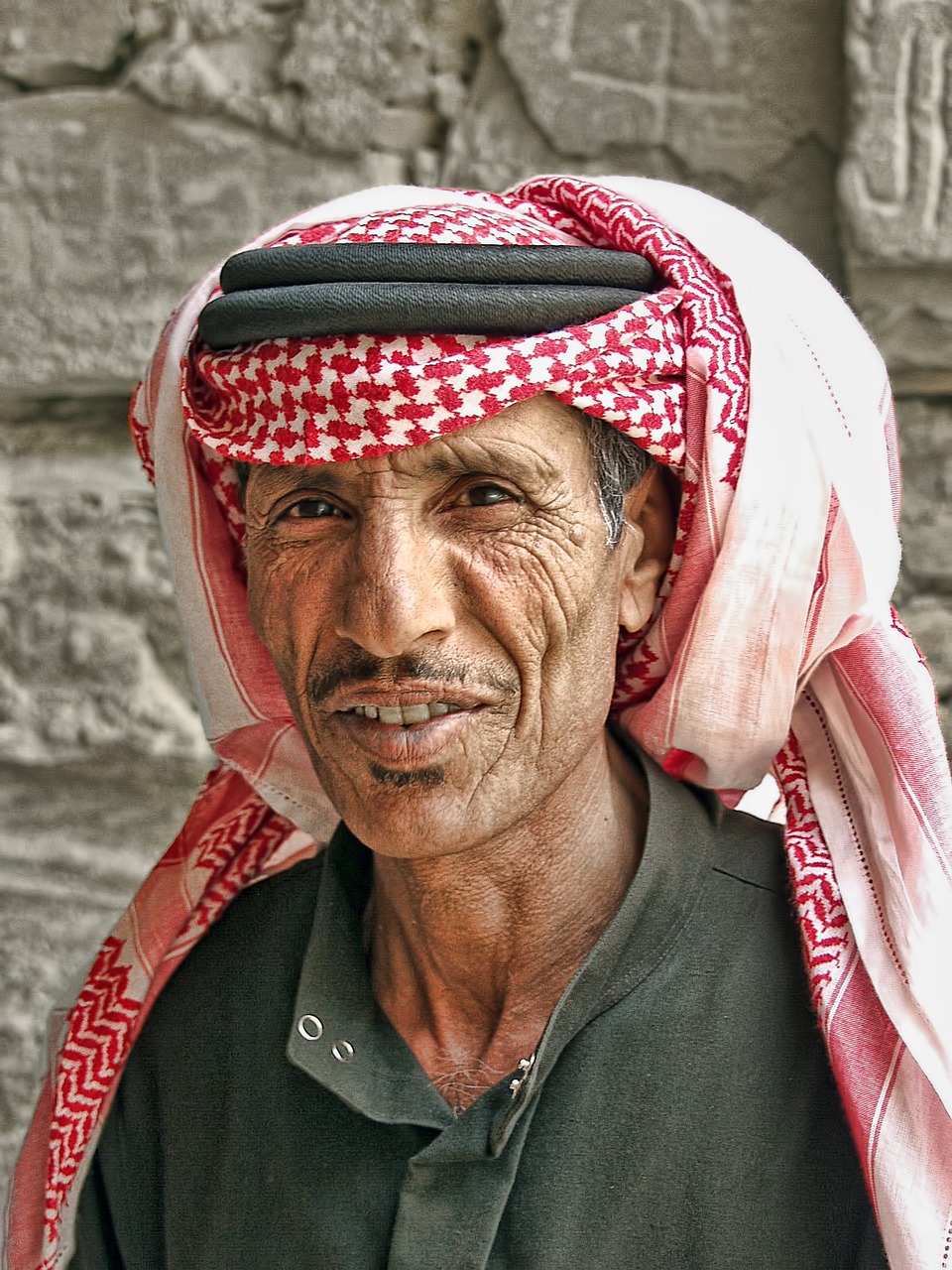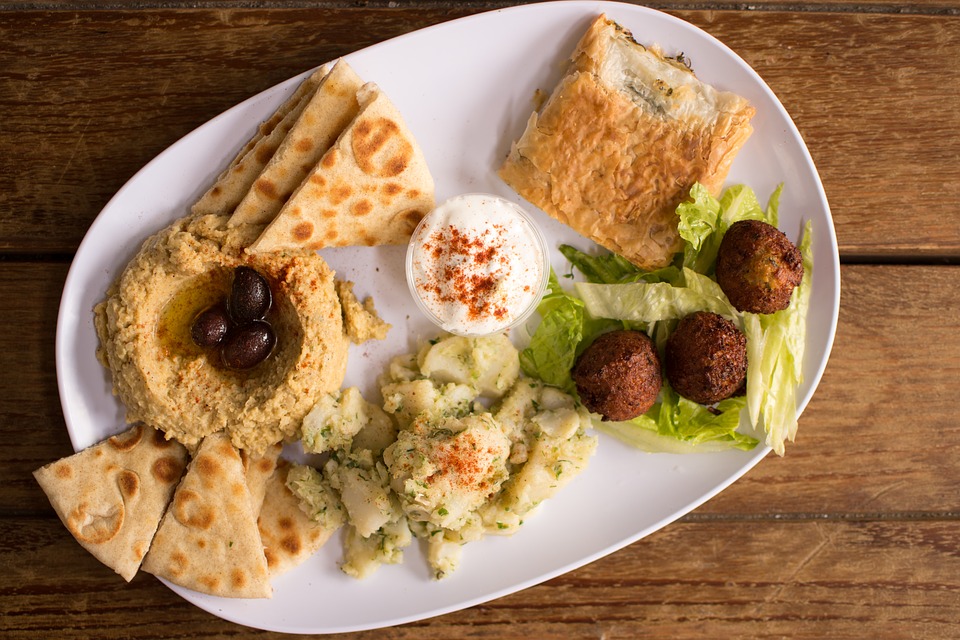From religious events to ancient customs, there are lots of Jordanian traditions to discover. Before visiting any country it is important to understand its culture and traditions. Jordanian traditions make this country unique and are one of the main reasons that visitors just cannot wait to return. There are many traditions in Jordan that visitors should be aware of in order to have the most authentic Jordanian experience.
Religion
Around 92 % of the Jordanian population are Sunni Muslim, and around 6% are Christians. As the majority of the country is Islamic, visitors can expect to see many beautiful mosques across the towns and cities. One important Islamic event that occurs in Jordan is Ramadan. Ramadan takes place on the ninth month of the Islamic calendar and lasts around 30 days. During this time, most local people in Jordan will not eat or drink between the hours of sunrise and sunset.
Bedouin
The Bedouin people are an ancient population of Jordan that have preserved their local customs for generations. Though the Bedouin people are small in number, there are still many ways to learn and experience their traditions. The name for the Bedouin people in Arabic translates to ‘desert dwellers’. These nomadic people have lived in the deserts for thousands of years and today there are around 4 million Bedouin.

Bedouin culture and customs have become fascinating to western visitors and today the Bedouin people are very happy to share their traditions with travelers. The best way to enjoy a Bedouin experience in Jordan is by visiting a local Bedouin village. Many Bedouin villages invite tourists into their tents to enjoy traditional food and customs and these experiences can be booked through a number of experienced tour companies.
Events & Festivals
The country has many cultural events and festivals including the Jerash Festival in July which celebrates Jordanian arts and culture. Another very important event in Jordan is Muharram which marks the beginning of the Islamic New Year. The date of this event varies depending on the moon cycles but it usually falls in January. Events and festivals in Jordan offer an insight into local celebrations – though visitors should be prepared for towns and cities to become extremely busy during significant events.
Food and Drink
The local food in Jordan tends to consist of rice, yogurt, lamb, olives, and a range of herbs and spices. Baked pastries are also very popular in Jordan especially sweet dishes including baklava. Much of Jordan’s cooking is influenced by its neighboring country which results in bold dishes that are packed with flavor. At most restaurants in Jordan, visitors are likely to find a large number of mezze dishes.
This style of eating is popular in Jordan and consists of hot appetizers and cold appetizers which are shared across the table, followed by a large meal. Visitors do not have to eat this way but a mezze dinner is a great way to taste popular Jordanian food. Traditionally, breakfast is consumed before 8 am, lunch is between 1 pm and 3 pm, and dinner is eaten any time after 8 pm. Lots of Jordanian dishes are consumed with the hands or a spoon but it is bad luck to eat food with the left hand.

Dress Codes
As Jordan is a very religious country, people are expected to dress respectably. For women, visitors should try to cover up their arms and legs and hair should be tied back. The Jordanian people value appearances and have high expectations when it comes to clothing. Visitors should respect these expectations and men should refrain from walking around in shorts.














